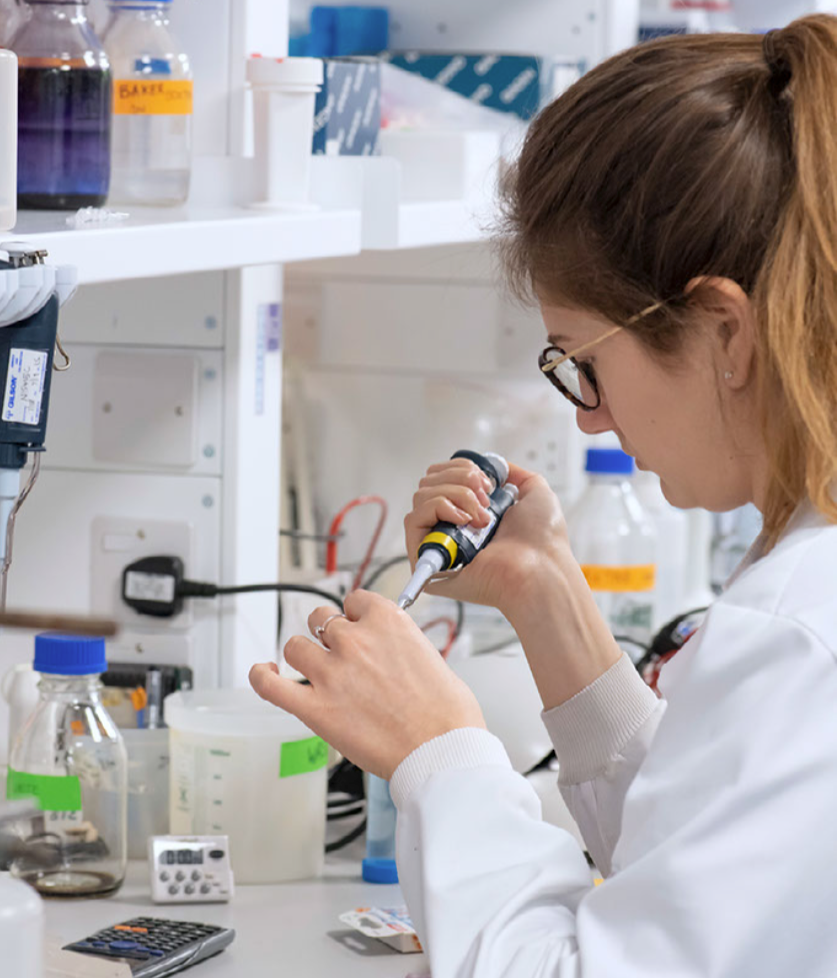Lacewing can transform the fight against malaria in a new report out today by Malaria No More UK
- Francesca Piffer, NIHR134694 Manager
- Sep 29, 2021
- 1 min read
BRUK-led research and innovation, backed by critical funding from the UK Government, have contributed to tremendous progress in the fight against malaria – helping save 7.6 million lives and 1.5 billion cases of the disease since 2000.

In recent years, progress against malaria has plateaued due to stalled funding. This combined with several emerging threats could see the gains of the last two decades reversed unless we take action now.
The UK is uniquely positioned to play a leading role, with British-backed scientists and institutions at the cutting edge of developing many of the solutions needed to help end this deadly disease within a generation.
British science can play a leading role in helping us get back on track, saving almost two million additional lives.
The Lacewing technology is featured in the report launched by Malaria No More UK today as example of British-backed innovation and tool that can make the difference in the fight against malaria, saving almost 2 million additional lives from this deadly disease.

Bringing the Lab to the Patient
Lacewing is a lab-on-a-chip diagnostic platform bringing the sensitivity of molecular diagnostics usually found in a well-resourced laboratory to the pint-of-care, in a portable format with real time connectivity.
Fig.1
It allows the point-of-care detection of parasite DNA from through blood sample, with a detection time of 15-30 minutes. Lacewing is coupled by Bluetooth to a smart phone app interface, which provides data analysis, decision support, time and location stamping and up-load to a secure, cloud-based surveillance platform.
Lacewing has the potential to generate accurate diagnosis at point-of-care, where access to diagnostics services is often challenging, providing real-time surveillance data for effective public health control.



Comments